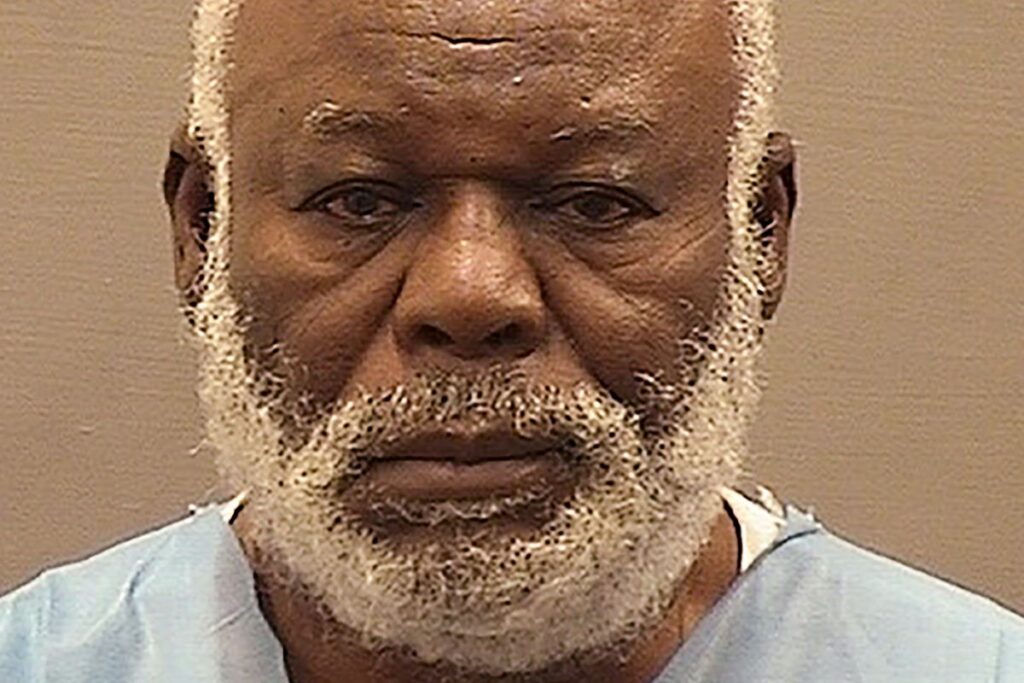The arraignment of a Libyan intelligence operative suspected of making the bomb that blew up Pan Am flight 103 over Lockerbie, Scotland, in 1988 and killed 270 people was deferred on Wednesday due to delays and challenges securing a defense attorney.
Abu Agila Mohammad Mas’ud Kheir Al-Marimi, 71, is the first suspect in the attack to face criminal charges in the United States.
The bomb exploded aboard a Boeing 747 over Lockerbie as it flew from London to New York in December 1988. All 259 people on board were killed, and another 11 people died on the ground.
U.S. Magistrate Judge Moxila Upadhyaya formally appointed federal public defender Whitney Minter to represent him on Wednesday, after Minter said Mas’ud’s family was unable to retain a defense lawyer on their own.
Minter said Mas’ud has no substantial assets and has not been employed for a decade. He makes mortgage payments on a home in Libya, and his children help cover his living and medical expenses.
Minter asked for additional time to review the indictment with him before entering a plea or addressing the government’s request to keep him detained pending trial.
He is due to be arraigned on Feb. 8, and the judge set a detention hearing for Feb. 23.
The Justice Department has alleged that Mas’ud, who is from Tunisia and Libya, confessed his crimes to a Libyan law enforcement official back in September 2012.
It took many years for the FBI to piece together enough evidence before he could be apprehended and extradited to the United States.
In 1991, two other Libyan intelligence operatives, Abdel Baset Ali al-Megrahi and Lamen Khalifa Fhimah, were charged in the bombing.
At a Scottish trial before a court at Camp Zeist in the Netherlands, Megrahi was found guilty of the bombing in 2001 and was jailed for life. He was later released because he was suffering from cancer and died at his home in Tripoli in 2012.
Fhimah was acquitted of all charges, but Scottish prosecutors have maintained that Megrahi did not act alone.
In the Mas’ud case, prosecutors do not intend to seek the death penalty because it was not legally available at the time the crimes were committed.
(Reuters)
